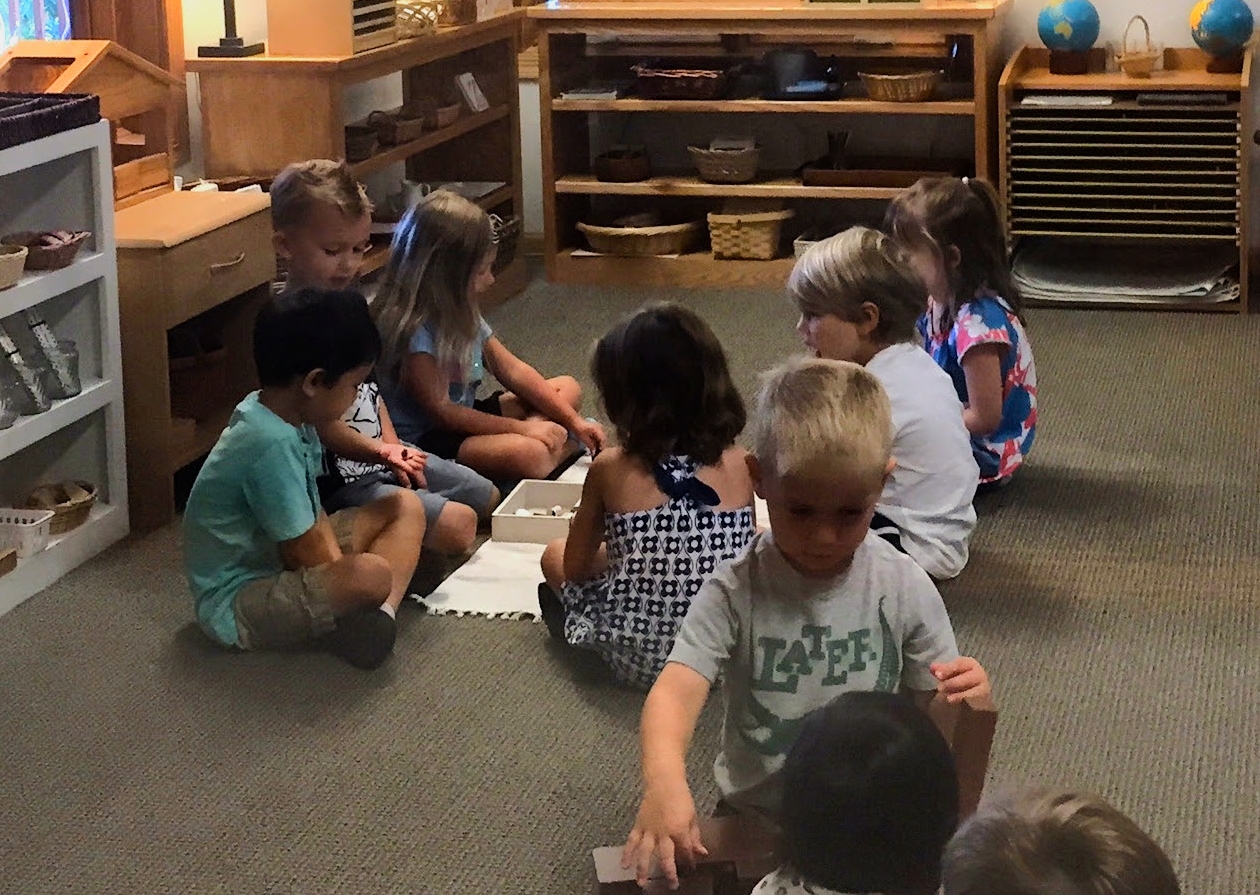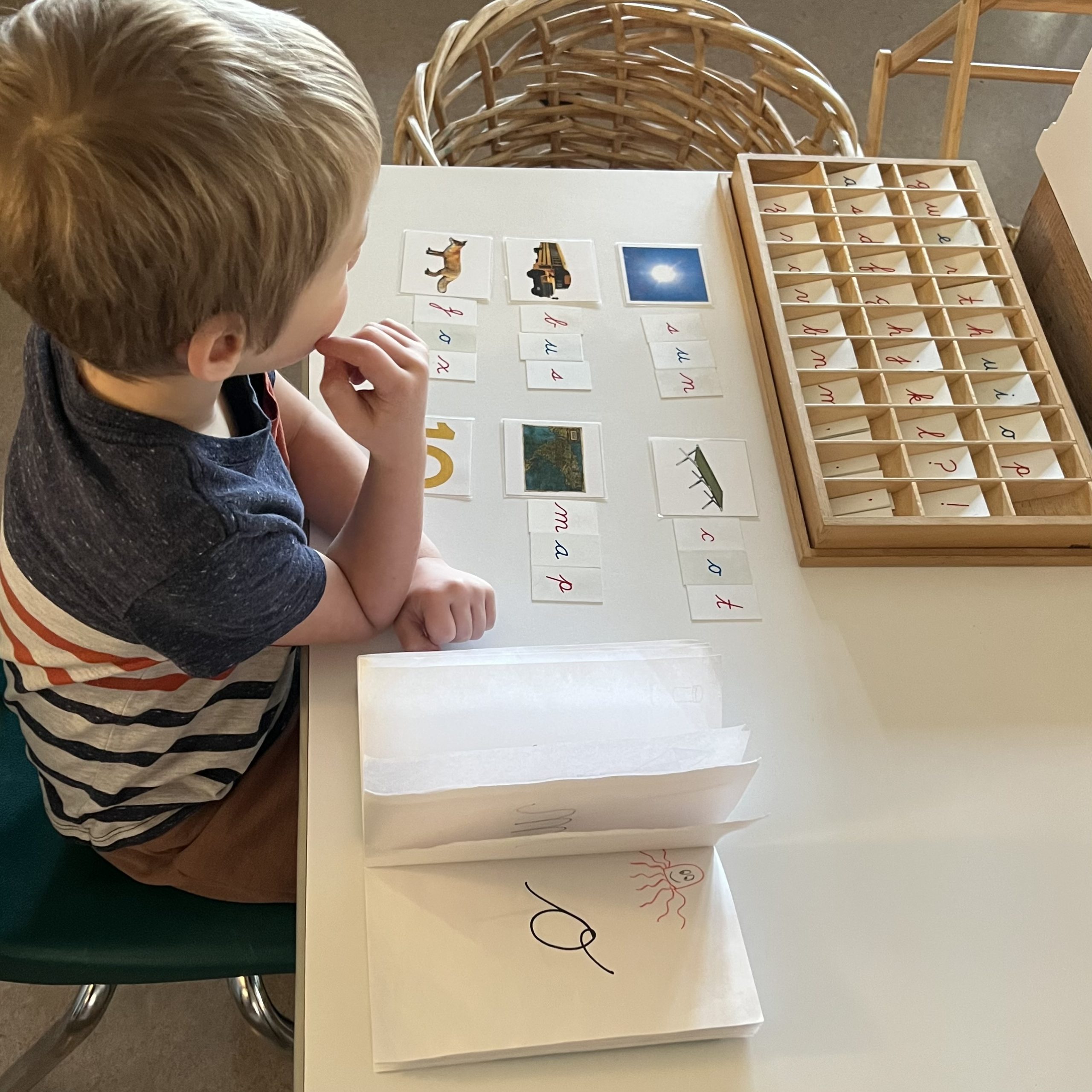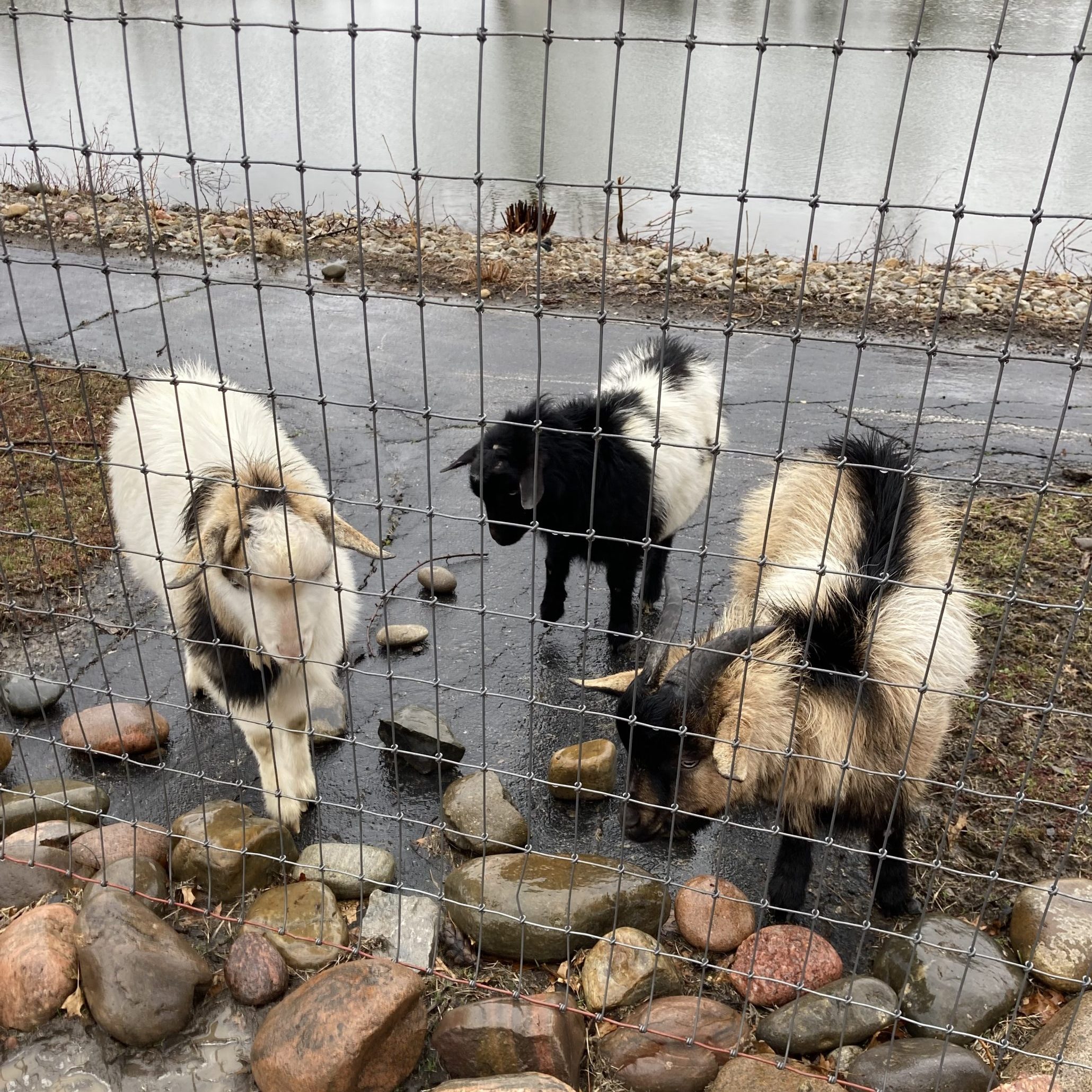As I have said in almost every newsletter at the start of a school term, it is hard being a parent and leaving your little child in the arms of a stranger. We know exactly how you feel because we’ve been there, most of us personally, and all of us professionally. So if you are still worried when you get home, or to work, please call. 99.9% of the time your child is fine, and you are the one who is still crying.
To assure you all will be well, I offer the following story.
At age three, Finn’s big brown eyes welled up with tears as his mother dropped him off on his first days of school. For several weeks Finn clung to his mother at drop-off, but eventually he settled in, helped by the teachers and the older children in the class. Each day, each month, he became little more independent, a little more responsible, a little more resourceful.
This year is Finn’s “kindergarten” year, his turn to be a leader. All the groundwork laid in the first two years has prepared him for this day. The final year in the developmental plane, age five in the primary, age 12 in the elementary, is when children blossom. And sometimes, they become a giver of lessons.
On Thursday as separation tears and crying could be heard all over the school, Finn’s classroom was especially quiet. I decided to check on the new students, and, on my way, I stopped at the window of Finn’s classroom. There he sat at a rug giving a lesson to five classmates. Surprised, I went in search of his teacher to ask if she had asked him to give the lesson. As I neared the doorway, I found her watching him, too.
“He did this all on his own,” she whispered. “This lesson has been going on for a long time. He took the children under his wing, and just started presenting.” I went back to my office to get my phone, hoping to get a photo. As I peeked into the room, iPhone at the ready, Finn looked up, winked and waved as if to say, “I’ve got this.”
Montessori schools are known for their focus on academics, but for those of us who have done this work for a long time, we know it is much more. Underlying the academic lessons are the lessons of grace and courtesy which form the cornerstone of our work and the child’s because they support the child’s emotional and social development. Not presented or practiced in isolation, these lessons are necessary to the well-being of the classroom community. The natural ebb and flow of the community’s social life requires every member to contribute in some way. From the toddlers who set the table for lunch to the adolescents who budget, plan and prepare their own lunch, Montessori students take care of one another and, in the process, develop within themselves a depth of character and responsibility that will serve them well throughout their lives.
This year we asked the experienced elementary students to start a day earlier to prepare for welcoming their younger counterparts so the opportunity to give lessons continues…lessons that build confidence and a can-do attitude in both the giver of the lesson and the one who receives.
“Preparation for life,” said Montessori. Preparation for real life indeed.







